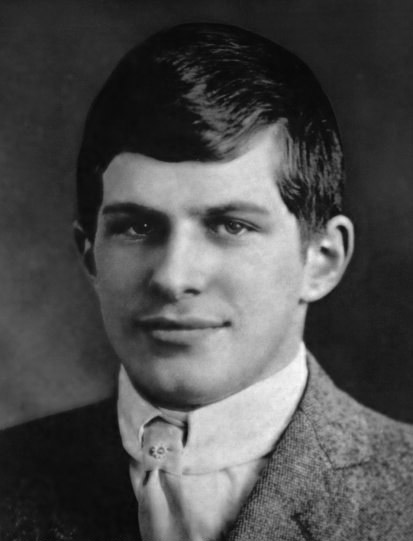UserWiki:Pen & Paper (Work in Progresses) (DON'T EDIT!!): Difference between revisions
No edit summary |
No edit summary |
||
| Line 19: | Line 19: | ||
The Vendergood language may have been inspired by Esperanto, a constructed language meant to facilitate international communication. The Esperanto movement had began in the decade's prior to Vendergood's creation, and Sidis is known to have been fluent in the language later in life. His knowledge of it may have inspired in him the novel idea of creating a language. A 19xx notes, when Sidis was xxxx, records "He has invented a universal language [Vendergood] which, he claims, is free from the objections that have been raised against Esperanto." [Footnote: While noting it is "Simpler than Esperanto", Wallace does not specifically note any inspiration. She also does not note that Sidis learned the language at that age.] | |||
Note: | Note: | ||
Guérard's work coverred the broad subject of international languages itself. He does not appear to have produced any work in Esperanto itself. This may indicate the one-day gap between reading the book and producing the essay was not representative of Sidis learning the language. However, Sidis would | Guérard's work coverred the broad subject of international languages itself. He does not appear to have produced any work in Esperanto itself. This may indicate the one-day gap between reading the book and producing the essay was not representative of Sidis learning the language. However, Sidis would | ||
Revision as of 18:49, 30 April 2024
Note from Paul: I ask that you don't edit this because if you do, when I publish the finished article, the history won't account for your edit. It will just say that I created it.
William James Sidis (Partially found works of American child Prodigy; 1905-1944)
William James Sidis was an American child prodigy. His monumentous intellectual abilities, coupled with a seemingly tragic life story, have attracted wide interest from scholars, scientists, and popular commentators.
The Book of Vendergood
appears to have been a youthful experiment.
The Vendergood language may have been inspired by Esperanto, a constructed language meant to facilitate international communication. The Esperanto movement had began in the decade's prior to Vendergood's creation, and Sidis is known to have been fluent in the language later in life. His knowledge of it may have inspired in him the novel idea of creating a language. A 19xx notes, when Sidis was xxxx, records "He has invented a universal language [Vendergood] which, he claims, is free from the objections that have been raised against Esperanto." [Footnote: While noting it is "Simpler than Esperanto", Wallace does not specifically note any inspiration. She also does not note that Sidis learned the language at that age.]
Note:
Guérard's work coverred the broad subject of international languages itself. He does not appear to have produced any work in Esperanto itself. This may indicate the one-day gap between reading the book and producing the essay was not representative of Sidis learning the language. However, Sidis would
Other lost works
Table (columns may be added and subtracted when needed; bar color may be changed if desired as long as it's still readable):
| Work | Status | Note |
|---|---|---|
| Untitled Atlantis Work | Lost | Note |
Significance
The significance of Sidis's output is multiple. Commentators[footnote,] on Sidis
―――――――――――――――――――――――――――――――――――――――――
Next
- Early computer programs
- Alan Turing's Turbochamp
